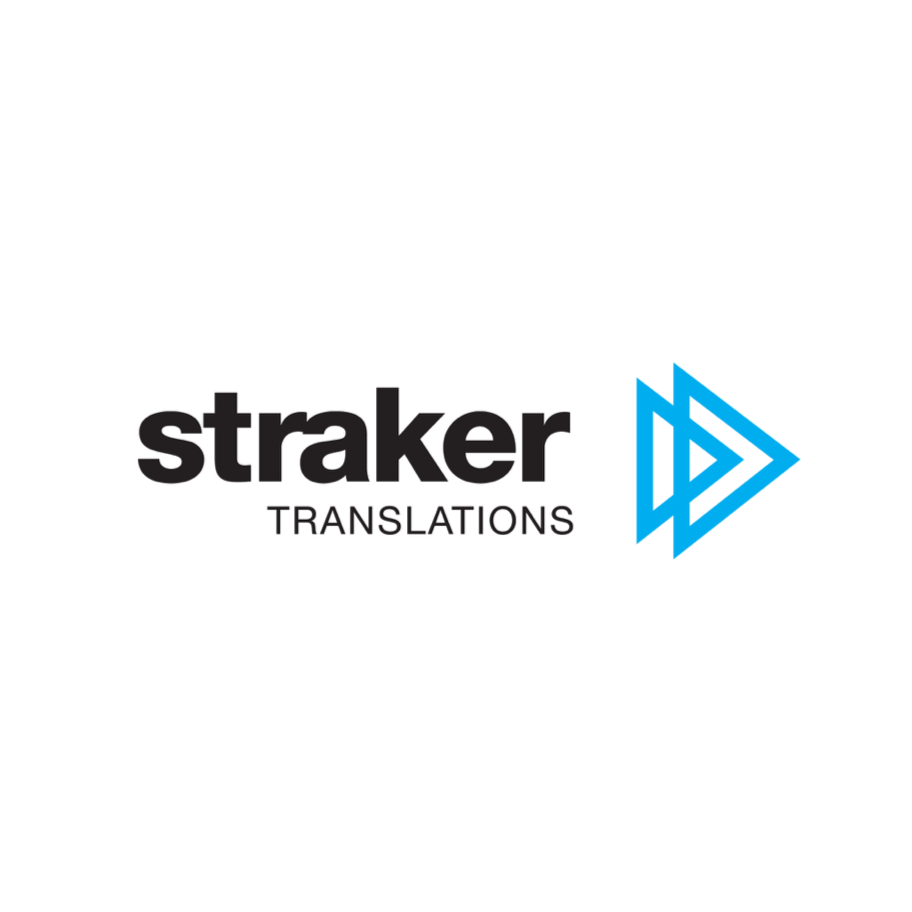
Straker releases half year results : Revenue growth @ 39%
Via slator.com
On November 27, 2018, Straker Translations published its first set of results as a public company for the half-year period ending September 30, 2018. The New Zealand-based language service provider (LSP) listed on the Australian Stock Exchange (ASX) on October 22, 2018, raising USD 13.3m in the process and marking the first successful listing of an LSP in years.
Revenues in the first half grew 39% to NZD 12.0M (pro-forma NZD 13.4m or USD 9.1m) compared with the same six-month period in 2017, buoyed by both organic growth and the acquisitions of Germany-based Eule Lokalisierung and Spain’s MSS in mid 2018. The company says it is on track to meet its pro-forma revenue forecast for the year-ending 31 March 2019 of NZD 24.9m (USD 16.9m).
On the bottom line the company generated an adjusted EBITDA profit of NZD 0.11m. In an email to Slator, Straker CEO Grant Straker clarified that the adjustment removes the costs of the IPO and provides a “true reflection of the underlying business.”
Gross margins widened by 130 basis points to 55.3%. Days of sales outstanding (a measure of how fast a company collects its invoices) grew from 60 days to 75 days, which Straker attributes to growth among enterprise customers (large customers tend to leverage their buying power and impose payment terms of up to 90 days).
Commenting on the results, CEO Straker told Slator that “in summary we are growing well, getting operating leverage from our technology, moving into profitability, and have more than NZD 20m in the bank.”
In the investor presentation, the company said it will expand its Google AdWords strategy into Japan, Germany and Spain, where it has acquired new offices. Spending on search generates business from what has often been referred to as the “long tail” of translation demand, where buyers look online for translation services for a one-off job. However, typically a small percentage of such enquiries can be converted into recurring business and potentially even much larger enterprise contracts.
Dry Powder for Acquisitions
Regarding acquisitions, Straker pointed to its “very healthy balance sheet” and sees no “internal bottlenecks for further acquisitions”. The company highlighted that “80% of the translation industry are companies with revenues below USD 5m” and explained that Straker’s “focus is on templating the acquisition and integration of USD 3-5m revenue companies.”
One of the ways Straker seeks to expand margins and improve profitability is to pay translators by the hour and invoice clients on a per word basis. The company says it has automated a substantial part of its supply chain, streamlining certain project management tasks and embedding MT post-editing into the workflow. Straker calls this a Hybrid Translation Model.
1,000 Words per Hour
To illustrate efficiency gains from leveraging the per-word (clients) and per-hour (translators) model, the company disclosed that in 2015 it paid English to French freelancers on average USD 27 per hour for 469 words of hourly output but has since increased this to 1,023 words per hour for an average hourly pay of USD 28.
At press time, shares in Straker (STG) traded at AUD 1.49, marginally down from its original offer price at IPO but down from the AUD 1.91 all-time high. Current market capitalization stands at AUD 78.3 (USD 56m) or 3.4x times revenue.
